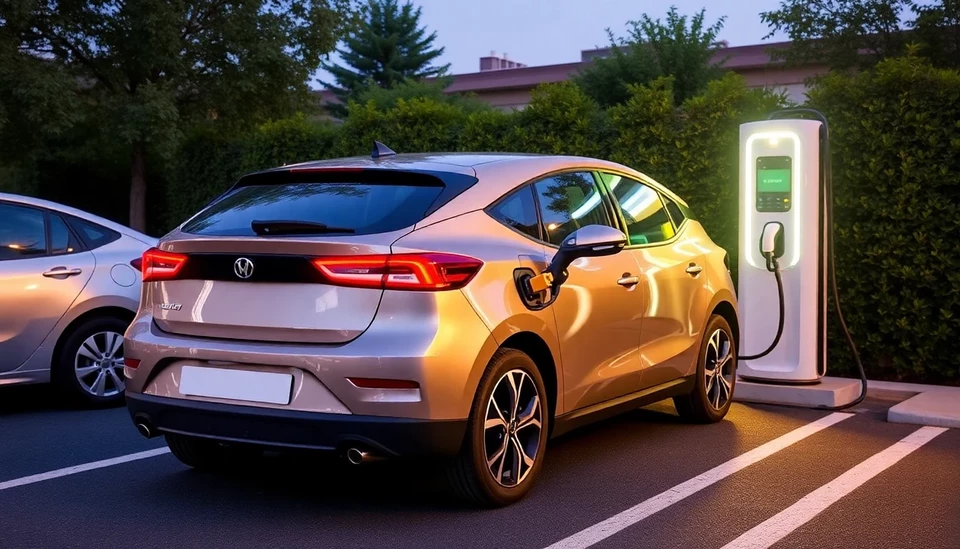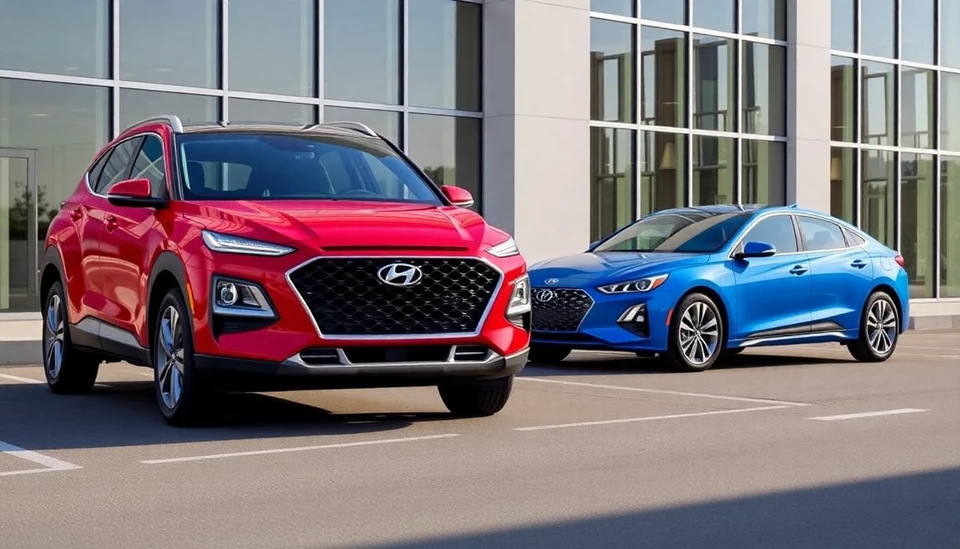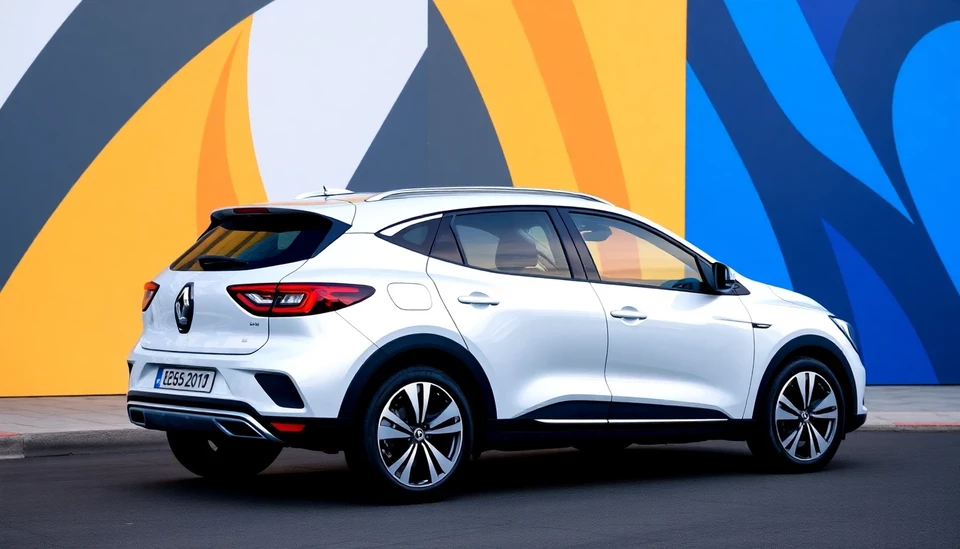
The rise of electric vehicles (EVs) has significantly transformed the landscape of the automotive industry, promising a cleaner alternative to traditional vehicles fueled by gasoline or diesel. However, as more consumers consider switching to EVs, a crucial question arises: how much does it actually cost to charge these vehicles? The answer, as it turns out, is not straightforward and can vary based on a multitude of factors.
One of the primary influencers of charging costs is the price of electricity, which can differ dramatically depending on where you live. In 2023, various regions across the United States have seen fluctuations in pricing, with national averages showcasing electric costs hovering around $0.14 per kilowatt-hour (kWh). However, these rates can swing within states—some areas boast rates as low as $0.10 per kWh, while others may exceed $0.20 per kWh. This disparity can lead to widely varying expenses for EV owners.
Charging locations are another pivotal factor. Charging EVs at home typically costs less than using public charging stations. For homeowners with access to solar power, charging an EV can be particularly economical, especially when leveraging surplus energy. On the flip side, public charging stations can have different pricing models, including pay-per-use or subscription fees, often leading to higher costs for users who don’t optimize their charging habits.
Additionally, the vehicle's battery size plays a significant role in determining how much drivers might spend. For example, a compact EV with a 50 kWh battery would cost roughly $7 to charge from empty to full, using the national average of $0.14 per kWh. But larger SUVs or trucks with 100 kWh batteries would double that expense, resulting in a charging cost of around $14. Moreover, the efficiency of the car itself also affects costs. An EV that consumes less energy per mile will typically be cheaper to charge compared to less efficient models.
Moreover, the cost of charging can drastically change with the pace of electrification across different regions. Fast charging stations, for instance, can charge drivers significantly more than regular home charging rates, as they often cater to customers who need quick turnaround times. This convenience comes at a premium, and as expanded infrastructure develops, pricing norms in the public sector could continue to evolve.
Seasonal variations also come into play, affecting not just the cost of electricity but the overall efficiency of charging. The battery performance typically dips in colder weather, which could lead to needing more energy for the same range. EV owners in colder climates may find themselves charging more frequently, further impacting their overall expenses.
In conclusion, while the cost of charging an electric vehicle can certainly be less than that of fueling a traditional vehicle, numerous factors influence this cost. Variables such as your local electricity rates, the type of charging station utilized, battery sizes of the vehicle, and even seasonal changes are just some aspects to consider. Therefore, individuals contemplating the switch to an EV need to calculate and contemplate these factors to gain a clearer picture of their financial commitment.
In the end, understanding the intricacies of EV charging costs is essential for anyone looking to join the electric vehicle revolution and can lead to more informed decisions down the road.
#ElectricVehicles #ChargingCosts #EV #SustainableTravel #EcoFriendly #GreenEnergy
Author: Samuel Brooks




